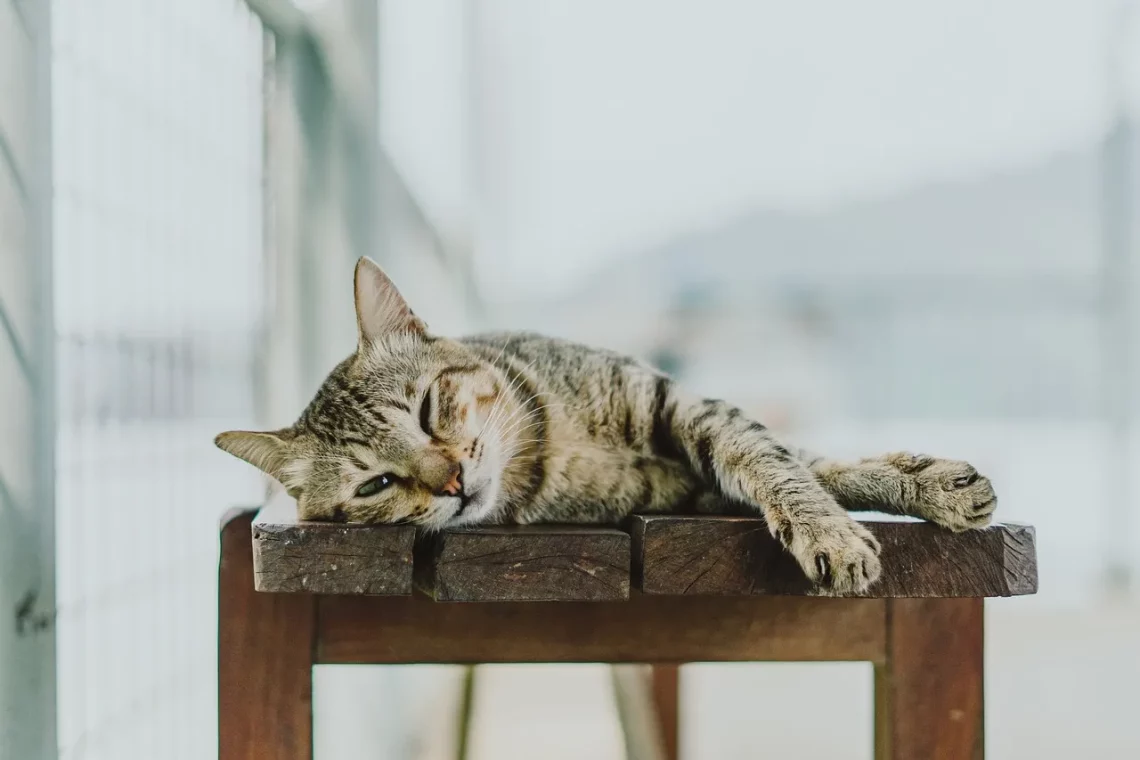
Can Cats Safely Drink Goat Milk? What You Need to Know
Cats are known for their discerning palates and unique dietary needs. As obligate carnivores, their nutritional requirements primarily come from animal sources, leading many cat owners to wonder about the appropriateness of various foods and drinks outside their usual diet. One such topic that often arises is the consumption of goat milk. While some pet owners might consider it a nutritious alternative to cow’s milk, the question remains: can cats safely drink goat milk?
This inquiry delves into the physiological differences between cats and other animals, particularly when it comes to lactose digestion. Many people assume that all types of milk are appropriate for cats, but this isn’t necessarily true. The ability of a cat to digest lactose, the sugar found in milk, varies significantly from one individual to another. As we explore the potential benefits and drawbacks of goat milk for feline friends, it’s essential to consider their unique digestive systems and how they process different foods.
Understanding the implications of introducing goat milk into a cat’s diet requires careful consideration, as well as a look at its nutritional profile, potential health benefits, and any risks associated with its consumption. This article aims to shed light on this subject, providing pet owners with the information they need to make informed choices for their beloved companions.
Nutritional Profile of Goat Milk
Goat milk is often touted for its rich nutritional content, making it an appealing option for many animal lovers. It contains a variety of essential nutrients, such as protein, calcium, and vitamins. What sets goat milk apart from cow’s milk is its unique composition, which can be easier for some animals to digest.
One of the primary benefits of goat milk is its higher fat content, which provides energy and contributes to a shiny coat. Additionally, it contains less lactose than cow’s milk, which may make it a better choice for lactose-intolerant cats. The smaller fat globules in goat milk allow for easier digestion, leading to better absorption of nutrients.
Moreover, goat milk is rich in essential fatty acids and vitamins, including A, B, and D vitamins. These nutrients play vital roles in maintaining overall health, supporting the immune system, and promoting healthy skin and fur. The protein in goat milk is also more bioavailable than that in cow’s milk, meaning that cats may be able to utilize it more efficiently.
However, it’s essential to note that while goat milk has its advantages, it should not replace a cat’s primary source of nutrition. Cats require a diet that is predominantly high in animal protein, and any supplementary foods should be introduced cautiously and in moderation. Goat milk can be a tasty treat or an occasional addition to a cat’s diet but should not be relied upon as a staple food source.
In summary, goat milk can offer several nutritional benefits for cats, especially in terms of digestibility and nutrient absorption. However, pet owners should always consider their cat’s individual dietary needs before introducing any new food or drink.
Potential Benefits of Goat Milk for Cats
The idea of giving goat milk to cats comes with several potential benefits that may intrigue pet owners. One of the most cited advantages is its digestibility. As mentioned earlier, the smaller fat globules and lower lactose content can make goat milk a more suitable option for lactose-intolerant felines.
Additionally, goat milk can serve as a source of hydration. Cats are notorious for not drinking enough water, and introducing goat milk can encourage fluid intake while providing essential nutrients. This can be particularly beneficial for cats on a dry food diet, as they may not be receiving adequate moisture from their food alone.
Furthermore, goat milk can act as a palatable treat for finicky eaters. Cats can be notoriously picky, and introducing new foods can sometimes lead to resistance. However, the creamy texture and rich flavor of goat milk may appeal to their taste buds, making it a fun addition to their diet. Some owners even use goat milk as a way to administer medications, mixing the medicine into the milk for easier consumption.
Another potential benefit lies in the probiotic content of goat milk. Some brands offer goat milk that contains live cultures, which can support gut health and improve digestion. A healthy gut flora is crucial for overall health, as it aids in nutrient absorption and helps maintain a strong immune system.
In summary, goat milk can provide several benefits, from hydration and nutrition to aiding in medication administration. However, it is essential to remember that moderation is key, and goat milk should only be given as an occasional treat rather than a regular dietary staple.
Risks and Considerations When Feeding Goat Milk to Cats
While goat milk can offer several benefits, it is crucial for pet owners to be aware of potential risks and considerations before introducing it into their cat’s diet. First and foremost, even though goat milk has a lower lactose content than cow’s milk, it still contains lactose. Some cats, especially those with lactose intolerance, may still experience gastrointestinal upset, including diarrhea or vomiting, after consuming goat milk. It’s essential to monitor your cat’s reaction when introducing any new food or drink.
Additionally, the fat content in goat milk, while beneficial in moderation, can be problematic if consumed in excess. Cats that consume too much fat can face weight gain and related health issues, such as obesity or pancreatitis. Therefore, it’s crucial to ensure that goat milk is offered only as an occasional treat rather than a regular part of their diet.
Another consideration is the source of the goat milk. Not all goat milk products are created equal. Some may contain additives or preservatives that could be harmful to cats. Always opt for high-quality, organic, and ideally raw goat milk from a reputable source to ensure it is safe for your pet.
Lastly, it’s important to consider any pre-existing health conditions your cat may have. Cats with certain medical issues, such as pancreatitis or gastrointestinal disorders, may need to avoid fatty foods altogether. Consulting with a veterinarian before introducing goat milk or any new food is always advisable, especially for cats with known health concerns.
In conclusion, while goat milk can be a nutritious and enjoyable treat for some cats, it is essential to approach its introduction with caution. Understanding your cat’s individual dietary needs and monitoring their responses will ensure that goat milk can be a safe and beneficial addition to their diet.
**Disclaimer:** This article is for informational purposes only and should not be considered medical advice. Always consult your veterinarian regarding your pet’s health and dietary needs.




